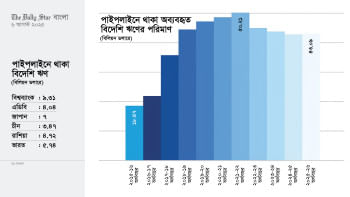Magnesium deficiency and depression: what you should know

Magnesium is a vital nutrient that supports muscle and nerve function, regulates blood sugar and pressure, and aids in making protein, bone, and DNA. Yet, it is believed that nearly half of Americans may be deficient. This deficiency is increasingly linked to mental health issues, including depression and anxiety.
Magnesium supports mood by boosting calming brain chemicals and reducing stress hormones. It influences serotonin and glutamate levels, both essential for emotional balance. Chronic stress, poor diet, and depleted soil nutrients all contribute to low magnesium levels, creating a cycle where stress depletes magnesium, leading to more stress and mood issues.
Unfortunately, standard blood tests may not accurately detect magnesium deficiency, as most of the mineral is stored in bones and organs, not blood.
One form often recommended for mood support is magnesium glycinate, known for better absorption and fewer digestive side effects. While the general supplement limit is 350 mg daily, individuals with depression may benefit from slightly higher doses under medical supervision. Splitting the dose throughout the day and taking some at night may improve absorption and sleep.
Magnesium from food is a safe and effective option. Sources include leafy greens, nuts, seeds, whole grains, beans, dark chocolate, and dairy. Getting magnesium through food helps avoid side effects like low blood pressure or digestive upset.
Magnesium can be used alongside antidepressants, often enhancing their effectiveness. However, always consult a healthcare provider before starting supplements, especially if you have kidney or heart conditions or take other medications.

 For all latest news, follow The Daily Star's Google News channel.
For all latest news, follow The Daily Star's Google News channel. 



Comments